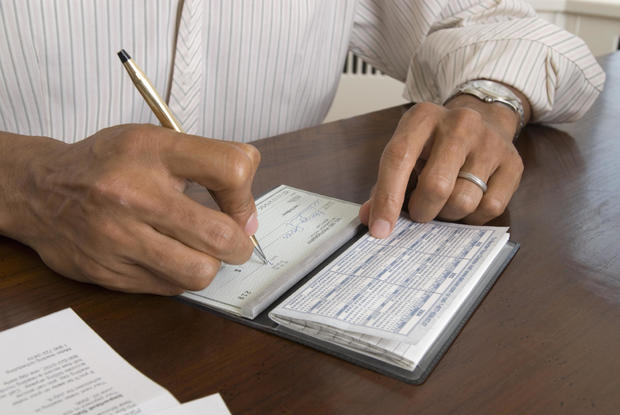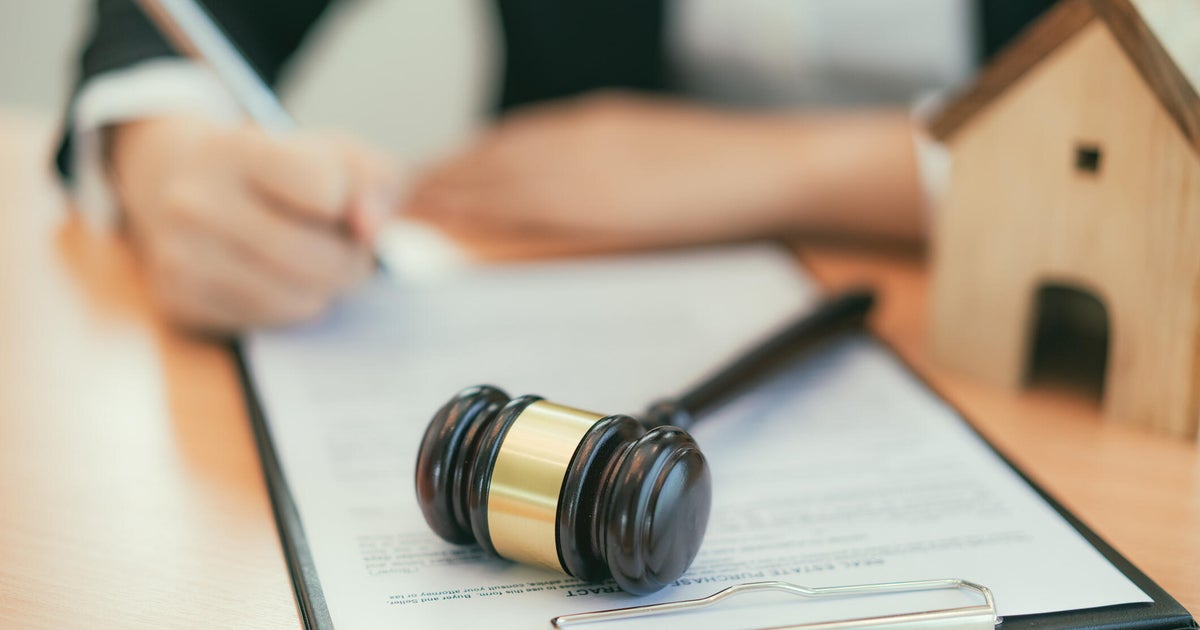Checking accounts: Everything you need to know
If you need a bank account to pay for everyday expenses like bills, groceries or other purchases, you'll want to open a checking account.
If you don't have, no longer have or are considering a new checking account, you're not alone. Some 7.1 million U.S. households don't have a bank account, including checking, the Federal Deposit Insurance Corporation (FDIC) estimated.
Most banks and credit unions let you open a personal checking account online without stepping into a physical bank branch.
Start exploring your checking account options with Chime now and get paid up to two days early with direct deposit.
What is a checking account?
A checking account is an account you open at a bank or credit union. You can make and receive deposits, withdraw funds, make purchases and pay bills and expenses. You can use a checking account by swiping a debit card, writing a check, withdrawing cash from an ATM, using an app or making an online transaction.
Unlike a savings account where the aim is to build cash for long-term goals or emergencies, checking accounts are typically used for short-term or immediate everyday expenses, like bills, groceries and rent.
What is required to open a checking account?
The bank or credit union will want to verify your name, birthday, address and official identification number. Those numbers can include social security, individual taxpayer identification number (ITIN), passport, or other id issued by the U.S. or your state's government.
Some banks and credit unions will accept passports from other countries as one form of identification. Most require at least one form of government identification with a photo.
Typically, banks require a second form of identification. Those can include your social security card, a bill with your name on it or a birth certificate. Before you open a checking account, carefully examine the features of the account for fees, minimum balances and other features.
You can easily explore checking account features with Chime here.
How much do you need to open a checking account?
It varies depending on the features of the account. Basic checking accounts typically require a deposit of $25 to $100 to get started.
Some checking accounts with features like interest require much higher minimum deposits that can start as high as $10,000.
Is there a downside to opening a checking account?
Having a checking account allows you to participate in the financial system with greater ease than without one.
There can be some pitfalls. Study the features of your account including overdraft fees, required minimum balances and ATM use requirements. It's important to maintain a positive balance in your checking account to avoid fees.
What are overdraft fees?
Banks charge overdraft fees when you spend more money than you have in your checking account - also called "insufficient funds." When this happens, your bank may reject the transaction. That means you'll still owe the original payment and a possible overdraft fee of as high as $35 per transaction (the fee amount depends on your institution).
Some banks offer overdraft "protection." Under federal law, you must give permission to "opt in," to this feature before banks can charge fees for it.
In recent years, some banks some banks eliminated overdraft fees after the Consumer Financial Protection Bureau (CFPB) started examining the practice.
Reasons to open a checking account
With a checking account, you can make purchases, pay bills, withdraw cash at an ATM, deposit and access your money with greater ease than without a checking account. You can make these transactions through an app, a debit card, online or by writing checks.
Banks typically issue a debit card tied directly to your checking account that you can use at ATMs. Debit cards look like credit cards but withdraw payment from your checking account.
Does opening a checking account affect credit?
Opening a checking account does not impact your credit rating directly because the accounts are not reported to the three main credit rating companies.
But if you write bad checks or make too many transactions that your account doesn't cover, banks can close your account. That can hurt your ability to open a new account elsewhere.
What are the different types of checking accounts?
There are many types of consumer checking accounts. Make sure the bank or credit union you choose is insured by the FDIC so your money stays safe. You can search for FDIC-insured banks and credit unions to fit your needs. Many make it easy to open your account online.
Here are a few kinds of checking accounts you may consider:
- Standard (or regular) checking account. This type of account gives you all the basics. You'll be able to use an ATM to deposit and withdraw money, pay bills online or by writing checks and buy things using a debit card. Though there's often a monthly fee, some banks will waive it if you ask or if you carry a minimum balance. These accounts usually don't pay interest.
- Premium checking account. Premium accounts offer perks in exchange for carrying a high balance, like a minimum of $10,000 for combined funds at the bank or credit union. In exchange, the bank waives some fees and offers perks like free checks, financial consulting and lower mortgage rates.
- Interest-bearing account: These accounts often require a minimum balance to earn interest on your deposits. Check to be sure the interest rates outweigh the fees or interest you could earn on other types of accounts.
- Free checking account: A free checking account means the bank doesn't charge a monthly fee or fees for making more than a specified number of transactions. These types of accounts still charge other fees, though, so examine the requirements carefully.
- Student checking account: Many banks offer free checking accounts tailored to students alone or as part of a banking package. Some waive overdraft fees and don't require direct deposits. This type of account may require a co-signer if the student is under 18.
Have more questions? Reach out to Chime to see what kind of checking account would be best for you or review the table below to evaluate some other checking account options.




